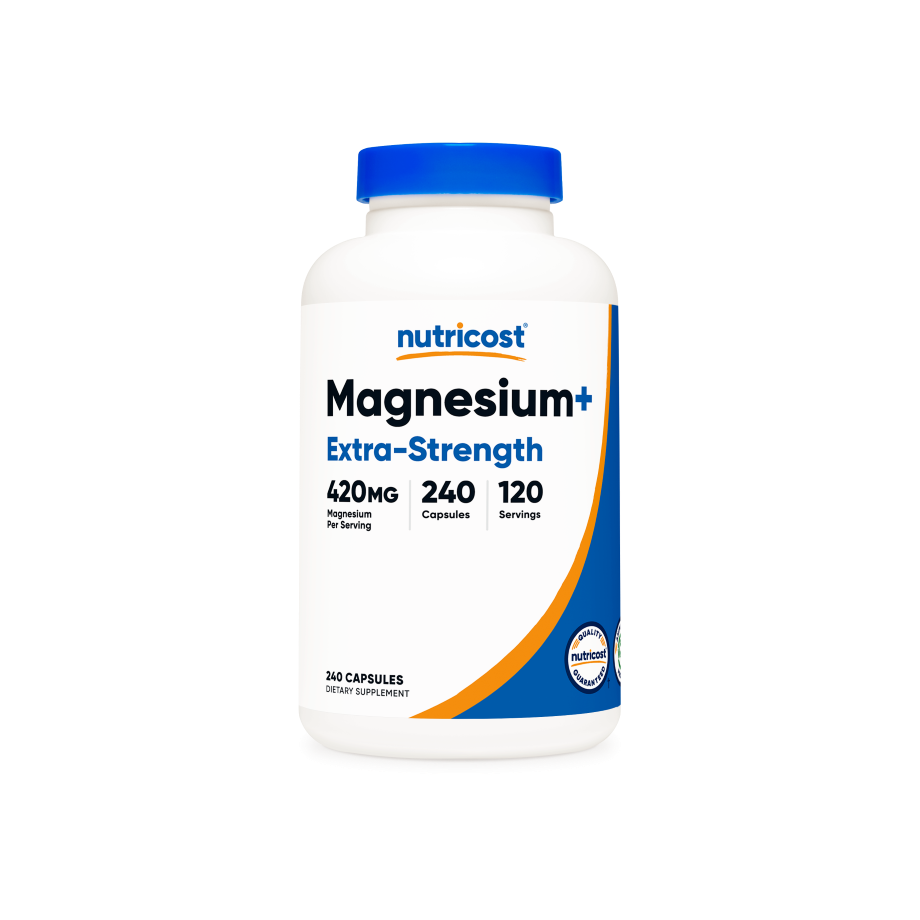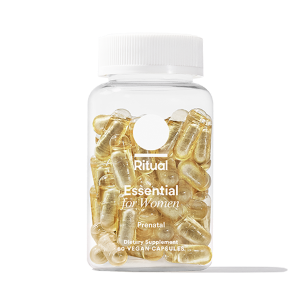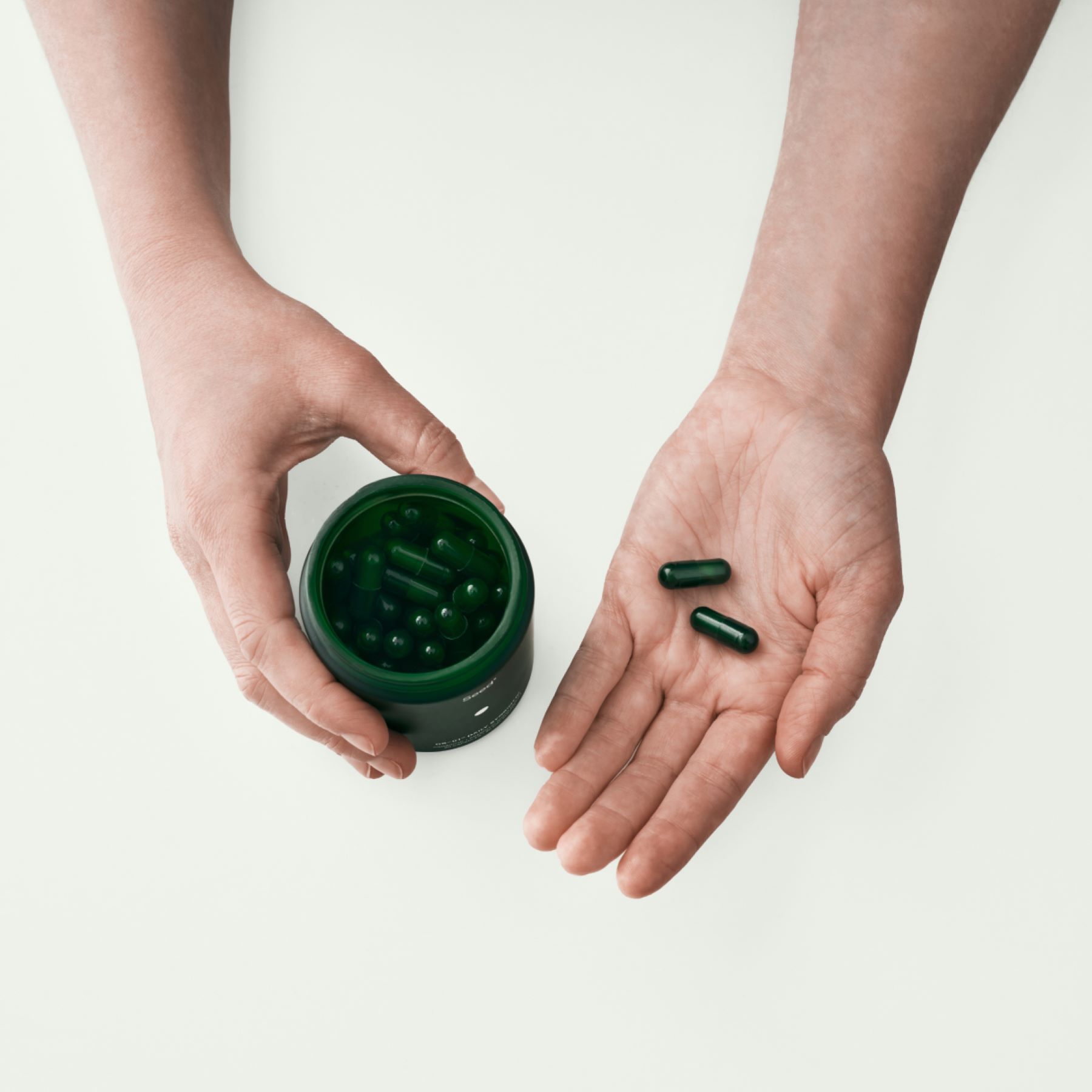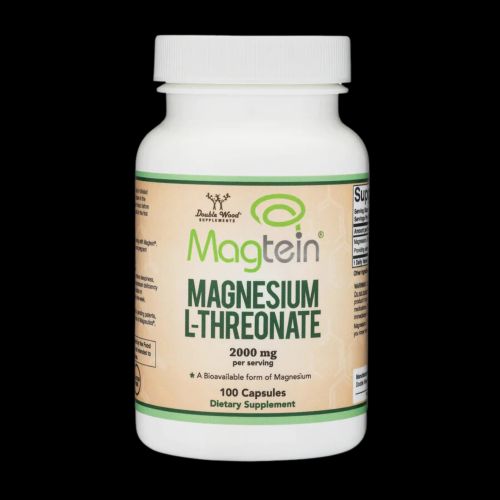Experts haven’t agreed on a number that defines a low vitamin D level. For most healthy people, the Office of Dietary Supplements states that a vitamin D serum (blood) level below 20 nanograms per milliliter (ng/mL)Trusted Source or 50 nanomoles per liter (nmol/L) may not be adequate for bone and overall health.
Other organizations define a vitamin D insufficiency as 12 to 19 ng/mLTrusted Source (30 to 47.4 nmol/L) and a vitamin D deficiency as less than 12 ng/mL.
An optimal vitamin D level may vary depending on personal factors such as age or race. This makes it hard to definitively say what’s “right” for any group of people.
Your doctor can help determine whether your vitamin D level may be low based on your personal characteristics and medical history and recommend steps you can take to increase it.
Recommended daily amounts of vitamin D
Like optimal vitamin D levels, experts haven’t agreed on an optimal daily intake of vitamin D. The amount you need may depend on your age and other factors.
The following table shows the Office of Dietary Supplements’ general guidelinesTrusted Source in micrograms (mcg) or international units (IU).
| Age | Daily amount |
|---|---|
| 0 to 12 months | 10 mcg or 400 IU |
| 1 to 13 years | 15 mcg or 600 IU |
| 14 to 18 years | 15 mcg or 600 IU |
| 19 to 50 years | 15 mcg or 600 IU |
| 51 to 70 years | 15 mcg or 600 IU |
| over 70 years | 20 mcg or 800 IU |
Again, these are general guidelines and the exact amount necessary for optimal health may differ between individuals based on many factors. The recommended daily amount may also be higher if you’re trying to manage a vitamin D deficiency.
Ask your doctor how much vitamin D you may need daily.

ADVERTISEMENT

Build an understanding of your nutritional intake
Labcorp OnDemand’s Essential Vitamin Deficiency Test may help you uncover nutritional deficiencies and make informed decisions about what you eat.
Clinics 5 miles away (95% of the U.S.)
HSA/FSA Payments Accepted
Walk-ins Welcome
4.8 ★’s on App Store
Ways to increase vitamin D levels
You may be able to increase your vitamin D levels in the following ways:
- getting more sunlight while taking proper safety precautions
- consuming more foods with vitamin D
- taking vitamin D supplements
Talk with a healthcare professional before increasing your vitamin D intake. They can help you create a safe, appropriate plan.
»Learn more:Ways to boost your vitamin D levels
ADVERTISEMENT
Find the Right Multivitamin for You

Nutricost Magnesium+ Extra Strength
Great for getting your daily dose of magnesium
- Unique blend of magnesium oxide and magnesium glycinate
- Only $16 for 4-month supply
- Rated 4.5 out of 5 stars on Amazon

Ritual Multivitamins
Great for science-backed, traceable nutrients
- $30 to $35 per month supply
- Provides options for all ages, genders, and life stages
- Delayed-release capsule design
Use Code “HEALTHLINE25” for 25% Off!

Seed Health DS-01 Daily Synbiotic
Great for enhancing whole-body health
- Can support digestion, heart health, and healthy levels of inflammation
- 2-in-1 capsule ensures the maximum dose can reach your colon
- Heat-, moisture-, and light-protected — no refrigeration needed
- Non-fermenting prebiotics compatible with a low-FODMAPS diet
Use code HEALTHLINE for 25% off!

Double Wood Supplements Magnesium L-Threonate
Superior bioavailable magnesium formula
- Features Magtein for enhanced brain absorption
- Supports your ability to think
- Promotes quality sleep and relaxation
Last medically reviewed on April 7, 2025
How we reviewed this article:
Sources
History
Our experts continually monitor the health and wellness space, and we update our articles when new information becomes available.
Current Version
Apr 7, 2025
Written By
Kim Taylor
Edited By
Kim Taylor
Medically Reviewed By
Imashi Fernando, MS, RDN, CDCES
Copy Edited By
Kim Shaw
Reference:

Medically reviewed by Imashi Fernando, MS, RDN, CDCES — Written by Kim Taylor on April 7, 2025
